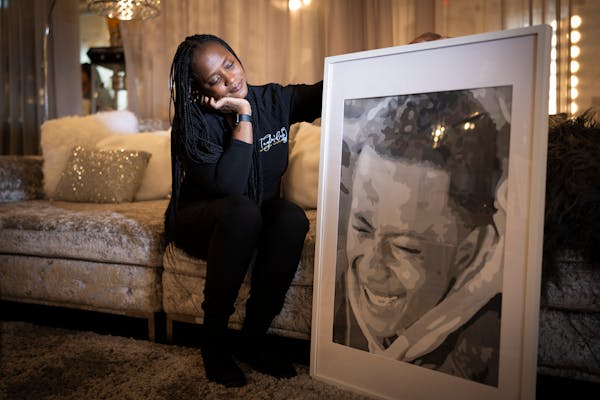A bulky book with flap copy trumpeting a late-'80s Manhattan setting, Eleanor Henderson's debut novel is easy to mistake for an epic about an age of excess. But "Ten Thousand Saints" is less a descendant of "brat pack" novels by Jay McInerney and Tama Janowitz than a study of spiritual purity. The '80s did have some of that, under the radar: The novel's plot is inspired by the straight-edge punk movement, in which a small army of fans rejected drinking, drugs and smoking as much to protest consumerism as to celebrate clean living.
The unadulterated heart of the novel belongs to Jude, a Vermont teenager who, as the novel opens, is a metal-loving pot enthusiast looking for cheap highs with his best friend, Teddy. Jude reconsiders his waywardness after Teddy dies from an overdose, but there's another surprise in store: Hours before he died, Teddy impregnated Eliza, the stepdaughter of Jude's adoptive father. Confusing? Preposterous? That's part of the point: Henderson wants to explore just how difficult it can be to find clarity both in oneself and one's family.
The central chapters of "Ten Thousand Saints" follow Jude in New York as he embraces a straight-edge lifestyle and helps Eliza plan for the baby with the help of Johnny, Teddy's half-brother. Those pages are superb, and Henderson at her best has a deep understanding for the way the world feels brand-new and hopeful in a teen's eyes. Her sympathetic writing about ad hoc families recalls Michael Cunningham's classic "A Home at the End of the World": "Here they were, three teenagers, planning for a baby, and the sky was still high above them, winter blue; it hadn't fallen," she writes.
"Ten Thousand Saints" is easy to admire for its close observation and the energy of its prose, but the novel's tone grows uncomfortably manic in its closing chapters. Its events take place in a short nine months (framed by Eliza's pregnancy), and Henderson busily manages not just the book's core trio but the assorted parents -- adoptive, step and biological -- who strive to control the situation. The expanded cast gives the plot drama but thins out the characterization; a subplot about an AIDS-stricken friend feels like an afterthought.
The quest for spiritual cleanliness is a messy business, and Jude's emotions convincingly speed from confusion to pride to sanctimony and back again. Henderson understands this well. The problem is that his struggle and hers are remarkably similar: It's hard to keep your vision of the world in order when so many characters keep elbowing their way into it.
Mark Athitakis is a reviewer based in Washington, D.C. He blogs at american fiction.wordpress.com.
In heated western Minn. GOP congressional primary, outsiders challenging incumbent

Minnesota Sports Hall of Fame: A class-by-class list of all members

This retired journalist changed professional wrestling from Mankato

